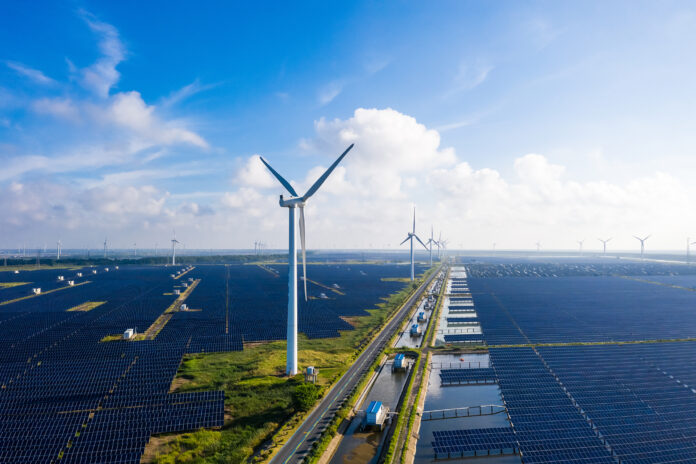Humans are at risk of causing potentially irreversible damage to the planet’s ecosystem, Pictet Asset Management has warned after research showed the extent to which resources are diminishing faster than they can be replenished.
Using a method known as the Planetary Boundaries Model to quantify resource consumption and waste emissions across the global economy, Pictet assessed the state of the ecosystem along nine environmental dimensions such as water use, land use, and ozone depletion.
The results paint an “alarming picture”, the Swiss fund manager said.
In four of these dimensions, human activity has already breached the threshold of the ecological “safe operating space” beyond which the damage caused may be irreversible with disastrous consequences for the planet. These are climate change, land-system change, biosphere integrity, and biochemical flows.
Pictet’s analysis found that biochemical waste is being released at a rate 40% higher than what the environment can handle.
Nitrogen and phosphorous, extensively used in fertilisers, are triggering excessive growth of algae.
“Intensive farming, industrial activity and population growth have increased the volume of macronutrients in rivers and oceans to dangerous levels,” the firm said.
“This is a problem because algae deplete oxygen in water, killing aquatic plants and fish in a process called eutrophication.”
Scientists estimate that “dead zones” – areas with zero oxygen – in the world’s seas have quadrupled since the 1950s. Marine ecosystems around the world are under threat because of this.
The fund manager also warned that a year’s worth of the planet’s resources – such as timber, fish, water, and minerals – have already been used up.
Pictet’s research into resource consumption and waste emissions coincides with Earth Overshoot Day this week (Monday 29th). This is a movable date each year that marks the net imbalance between resources used and the ability to replace those resources during the remainder of the year.
But there is still a cause for hope, Pictet said. Its research found that some industries in the forestry and other environmental sectors are managing to reduce the amount of biochemical waste they produce thanks to new technologies.
According to the asset manager, these companies play an important role in helping humanity pay its environmental “debt” and live within its means.
The Planetary Boundaries Model used in its research was developed by the Stockholm Resilience Centre – a science centre dedicated to addressing the complex challenges facing humanity.
©2019 funds europe





